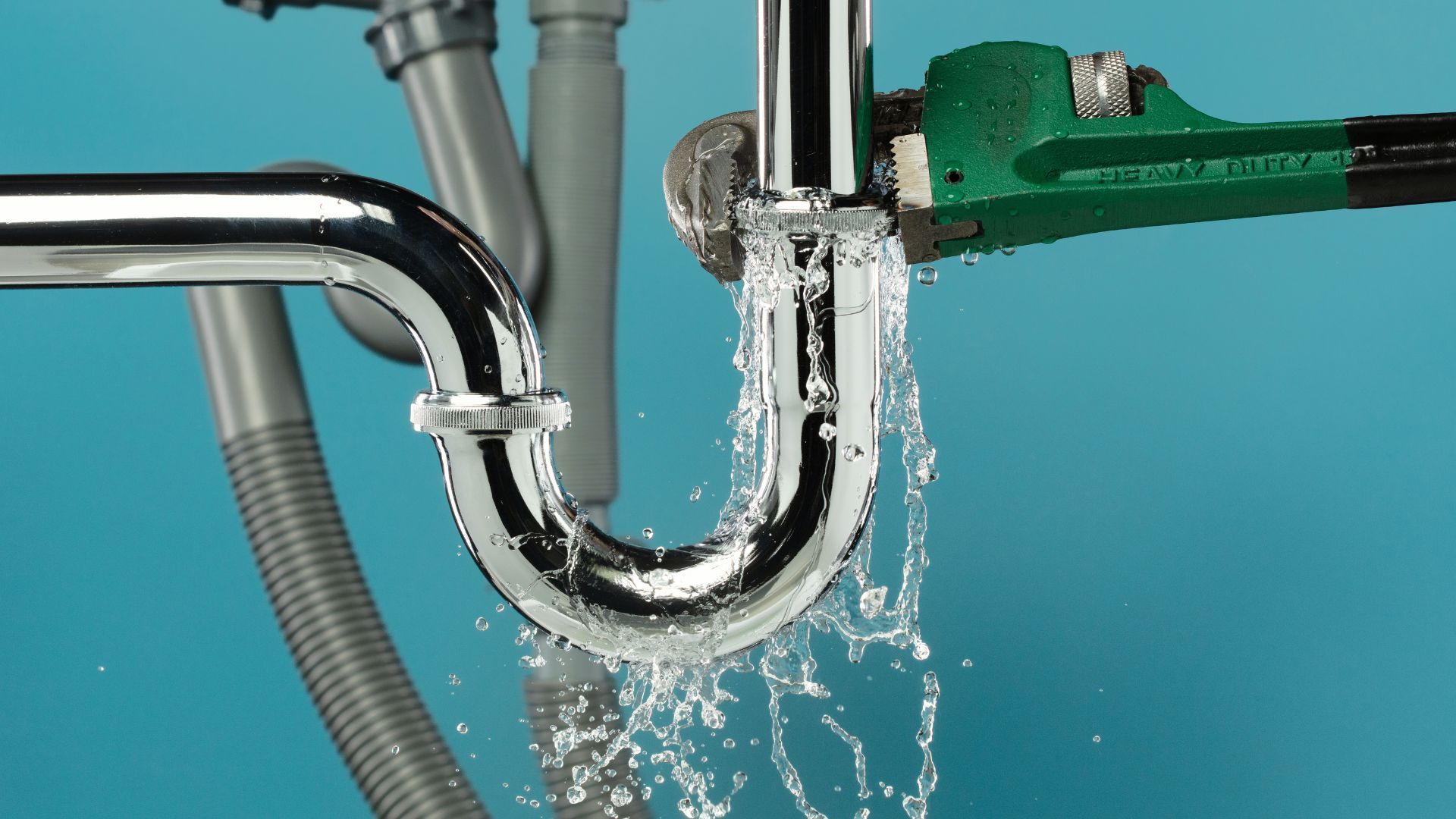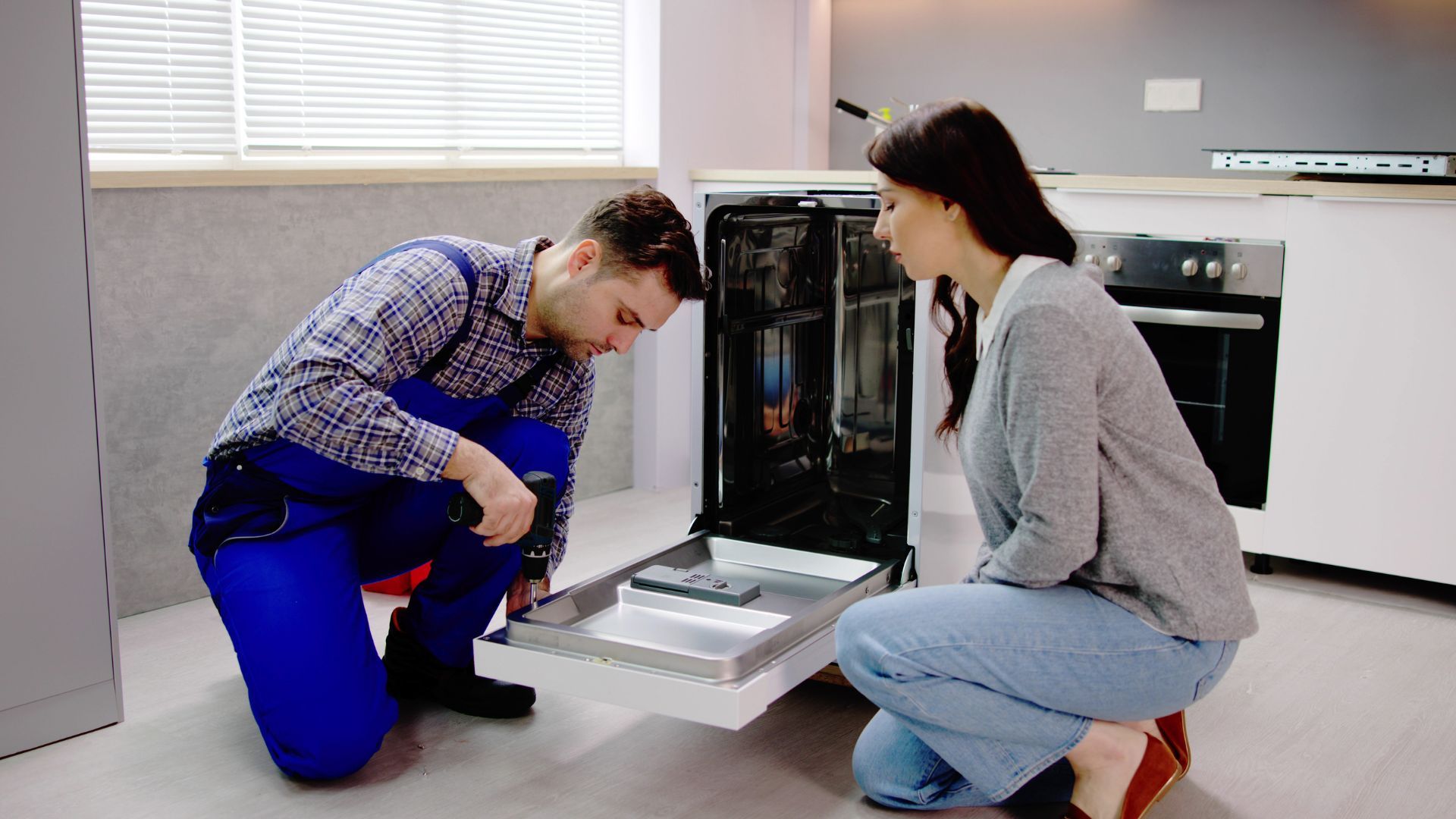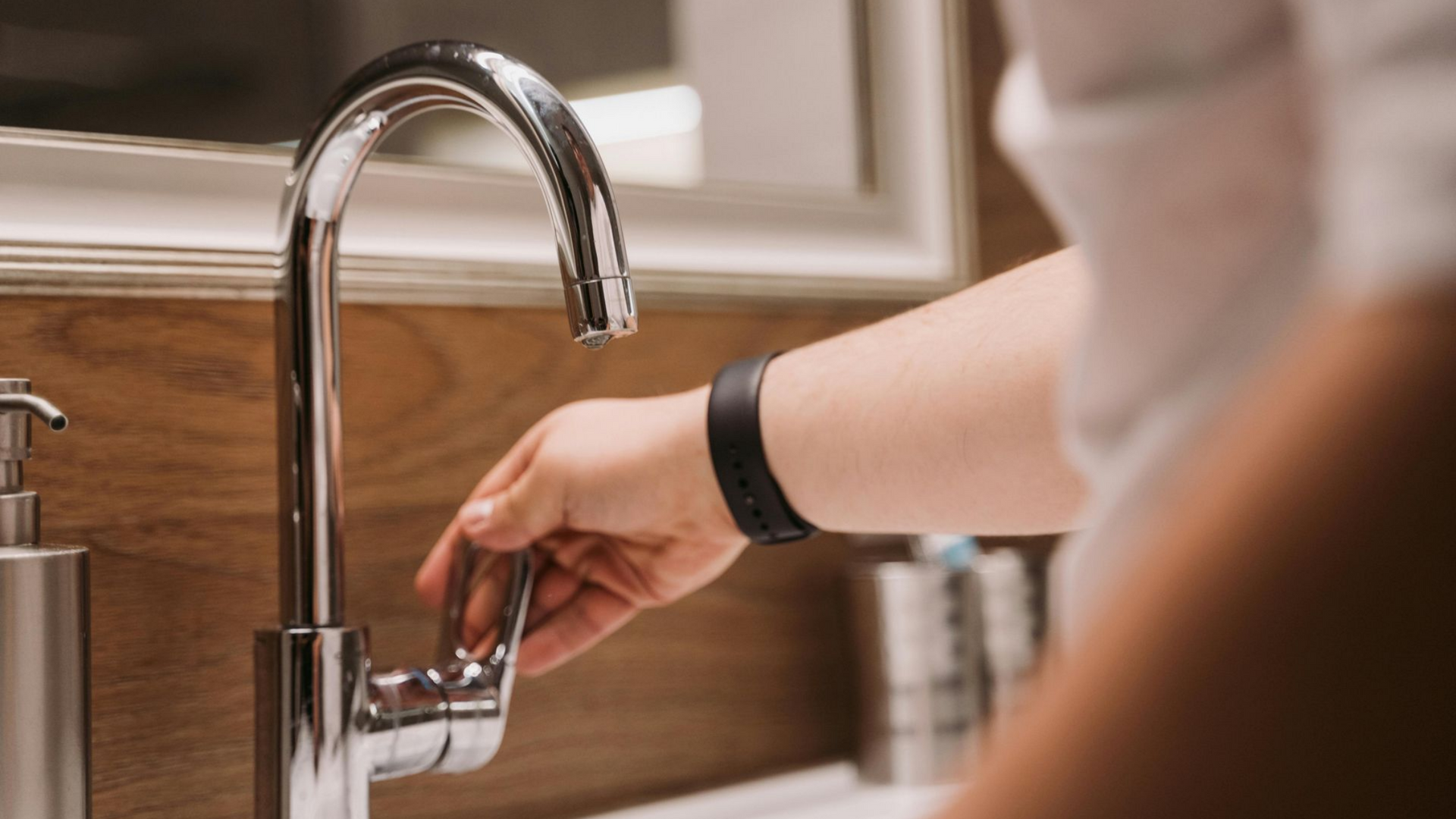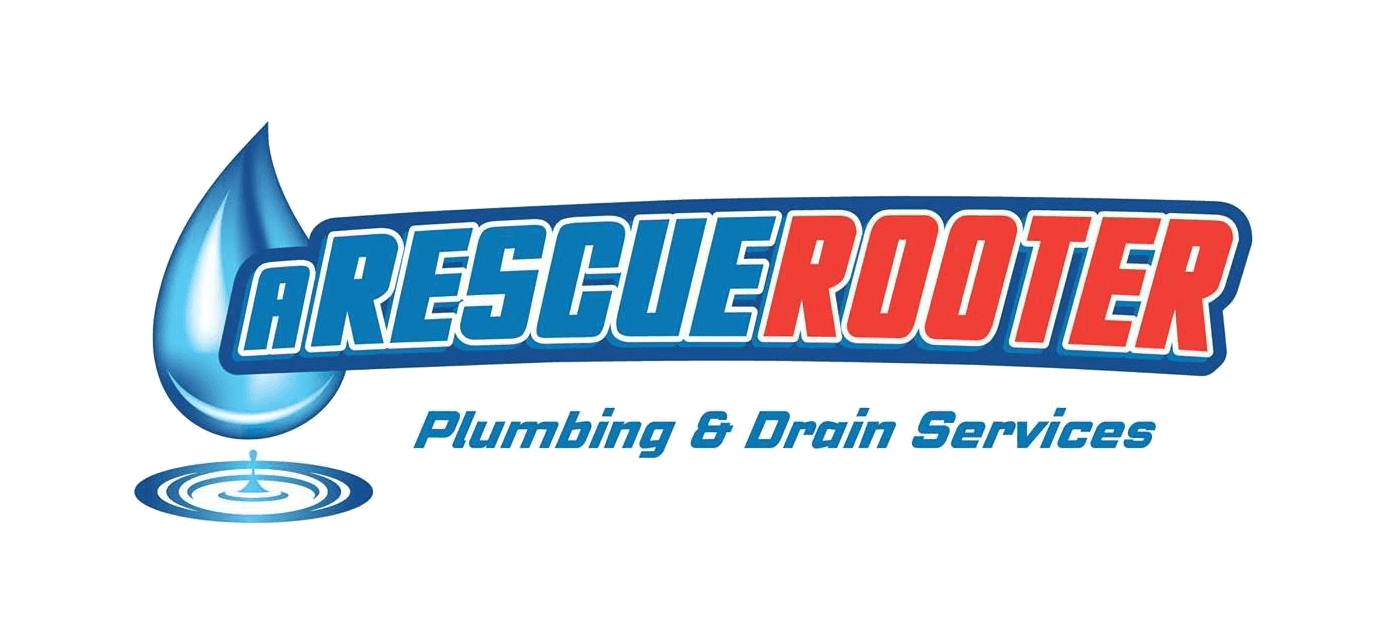Plumbing Secrets Every Homeowner Should Know
Plumbing might not be the most glamorous topic, but it’s an essential one for homeowners. Understanding the basics of plumbing can save you time, money, and frustration. Whether you’re a new homeowner or someone looking to brush up on your maintenance skills, this comprehensive guide will provide you with invaluable insights into your home’s plumbing system.
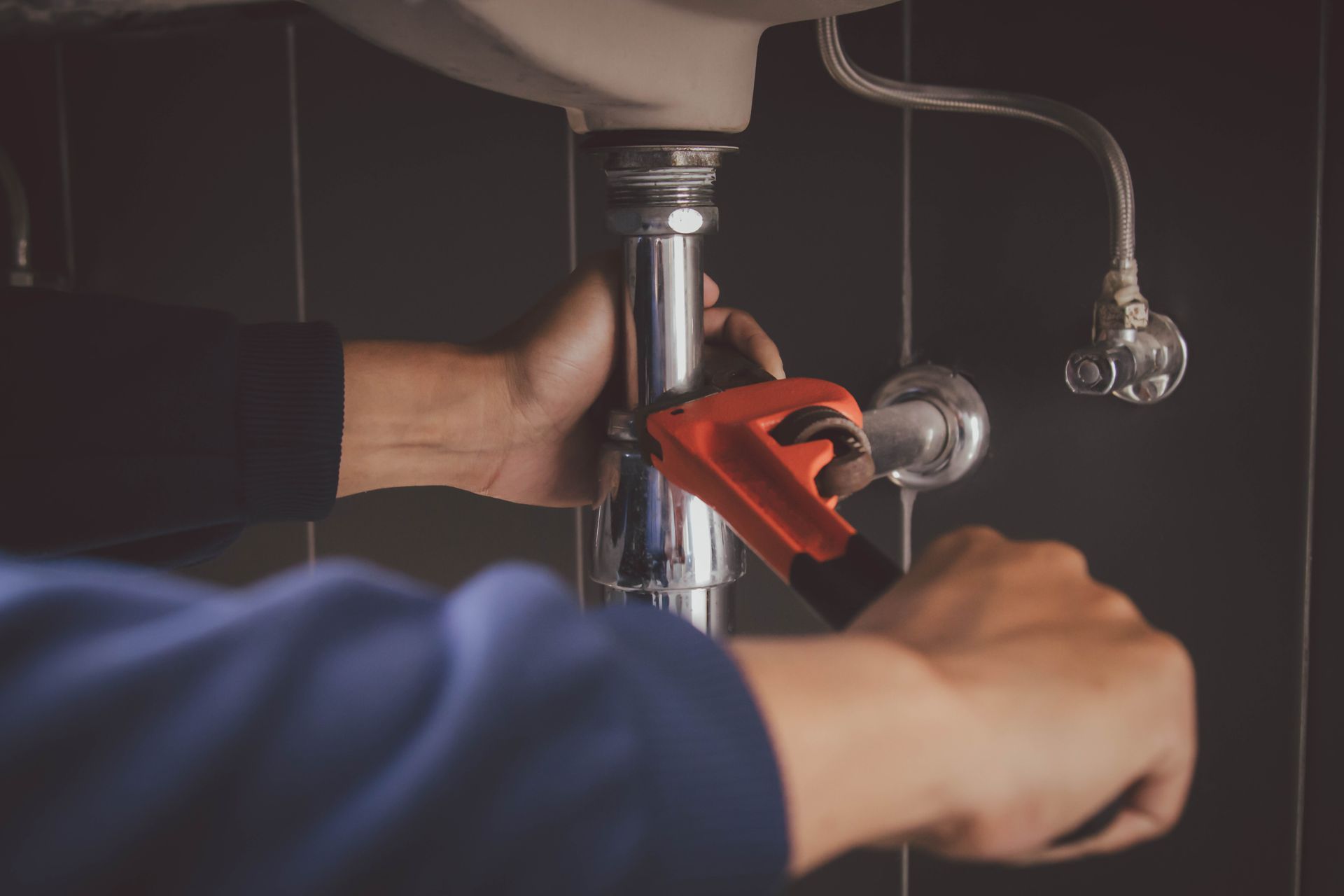
Identifying Common Plumbing Issues
Knowing how to identify common plumbing issues can help you address them before they become major problems. Here are some common signs to look out for:
Leaky Faucets
A dripping faucet isn’t just annoying; it’s also a waste of water. Over time, even a small drip can add up to significant water loss. Usually, leaky faucets are caused by worn-out washers or seals that need replacing.
Slow Drains
If your sink or bathtub is draining slower than usual, it’s a sign of a clogged pipe. Hair, soap scum, and food particles are common culprits. Using a drain snake or a plunger can often resolve this issue.
Running Toilets
A running toilet can waste a lot of water and increase your utility bills. The problem usually lies in the flapper valve, which may need adjustment or replacement. Sometimes, sediment buildup can affect the fill valve, requiring a thorough cleaning.
Tools Every Homeowner Should Have
Having the right tools can make tackling plumbing issues much easier. Here are some must-have tools for your plumbing toolkit:
Plunger
A plunger is an essential tool for unclogging toilets and drains. It's simple but highly effective for minor blockages.
Pipe Wrench
A pipe wrench is versatile and useful for loosening and tightening pipes. It offers excellent grip and can tackle various sizes of pipes.
Plumber's Tape
Also known as Teflon tape, plumber’s tape is essential for sealing threaded pipe joints. It prevents leaks and ensures a tight seal.
DIY Plumbing Tips
While some plumbing issues require professional intervention, many can be handled by homeowners. Here are some DIY tips to help you maintain your plumbing system:
Fixing a Leaky Faucet
Start by turning off the water supply to the faucet. Remove the handle and inspect the washer and O-ring for wear and tear. Replace any damaged parts and reassemble the faucet. Turn the water back on and check for leaks.
Unclogging a Drain
For minor clogs, a plunger should do the trick. For more stubborn blockages, use a drain snake to break up the clog. Avoid using chemical drain cleaners as they can damage your pipes over time.
Replacing a Showerhead
Unscrew the old showerhead and clean the threads on the shower arm. Wrap plumber’s tape around the threads and screw on the new showerhead. Turn on the water to check for leaks and make any necessary adjustments.
When to Call a Professional
While DIY can be rewarding, knowing when to call a professional plumber is crucial. Here are some situations where professional help is advisable:
Major Leaks
If you have a significant leak that you can’t control, it’s time to call a plumber. Major leaks can cause extensive water damage if not addressed promptly.
Sewage Backup
A sewage backup is a severe issue that requires immediate professional attention. It can make your home uninhabitable and pose serious health risks.
Low Water Pressure
If you’re experiencing low water pressure throughout your home, it could be a sign of a more significant issue like a hidden leak or pipe corrosion. A professional can diagnose and fix the problem efficiently.
Preventative Maintenance Tips
Regular maintenance can prevent many common plumbing issues. Here are some preventative tips to keep your plumbing system in top shape:
Regular Inspections
Perform regular inspections of your plumbing system. Look for signs of wear and tear, leaks, and corrosion. Early detection can save you from costly repairs.
Clean Your Drains
Regularly clean your drains to prevent clogs. Use a mixture of baking soda and vinegar followed by hot water to keep your drains clear and odor-free.
Insulate Pipes
In colder climates, insulating your pipes can prevent them from freezing and bursting. Pipe insulation is inexpensive and easy to install.
Understanding Water Heaters
Water heaters are an integral part of your plumbing system. Understanding how they work can help you troubleshoot issues and perform basic maintenance.
Types of Water Heaters
There are mainly two types of water heaters—tankless and storage. Tankless water heaters provide hot water on demand, while storage water heaters keep a reservoir of hot water ready for use. Each has its own set of pros and cons.
Basic Maintenance
For tank water heaters, it’s essential to drain the tank and remove sediment buildup every six months. This improves efficiency and extends the life of the heater. For tankless water heaters, descaling the unit annually can prevent mineral buildup.
Water Conservation Tips
Conserving water is not only good for the environment but also for your wallet. Here are some tips to help you save water:
Fix Leaks Promptly
Even small leaks can waste a significant amount of water over time. Fix any leaks as soon as you notice them.
Install Low-Flow Fixtures
Low-flow toilets, faucets, and showerheads can reduce water usage without compromising performance. They are easy to install and can significantly lower your water bill.
Use Water-Efficient Appliances
When it’s time to replace appliances like washing machines or dishwashers, opt for water-efficient models. They use less water and energy, providing long-term savings.
Understanding your home’s plumbing system is crucial for maintaining a well-functioning household. By knowing the basics, identifying common issues, and performing regular maintenance, you can avoid costly repairs and ensure that your plumbing system remains in top condition.
Remember, while DIY can solve many problems, don’t hesitate to call A Rescue Rooter when needed. Proper plumbing maintenance not only protects your home but also provides peace of mind. A Rescue Rooter in Hamilton won’t charge you a premium for calls 24/7!
For those looking to take their plumbing knowledge to the next level, consider signing up for a local workshop or course. Many communities offer classes that cover basic plumbing skills, giving you the confidence to tackle home maintenance projects head-on. Happy plumbing!
A Rescue Rooter - 905-521-8284
